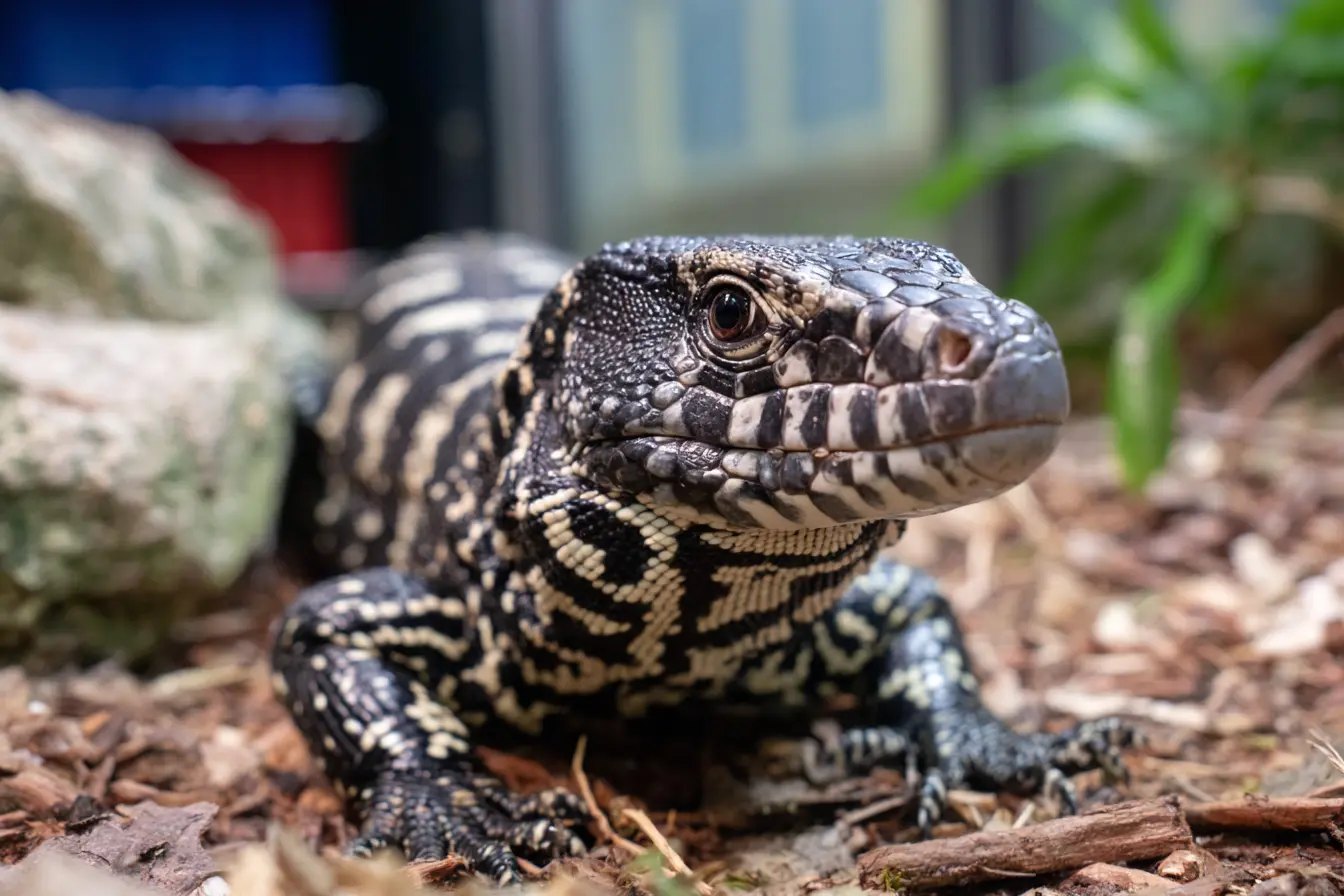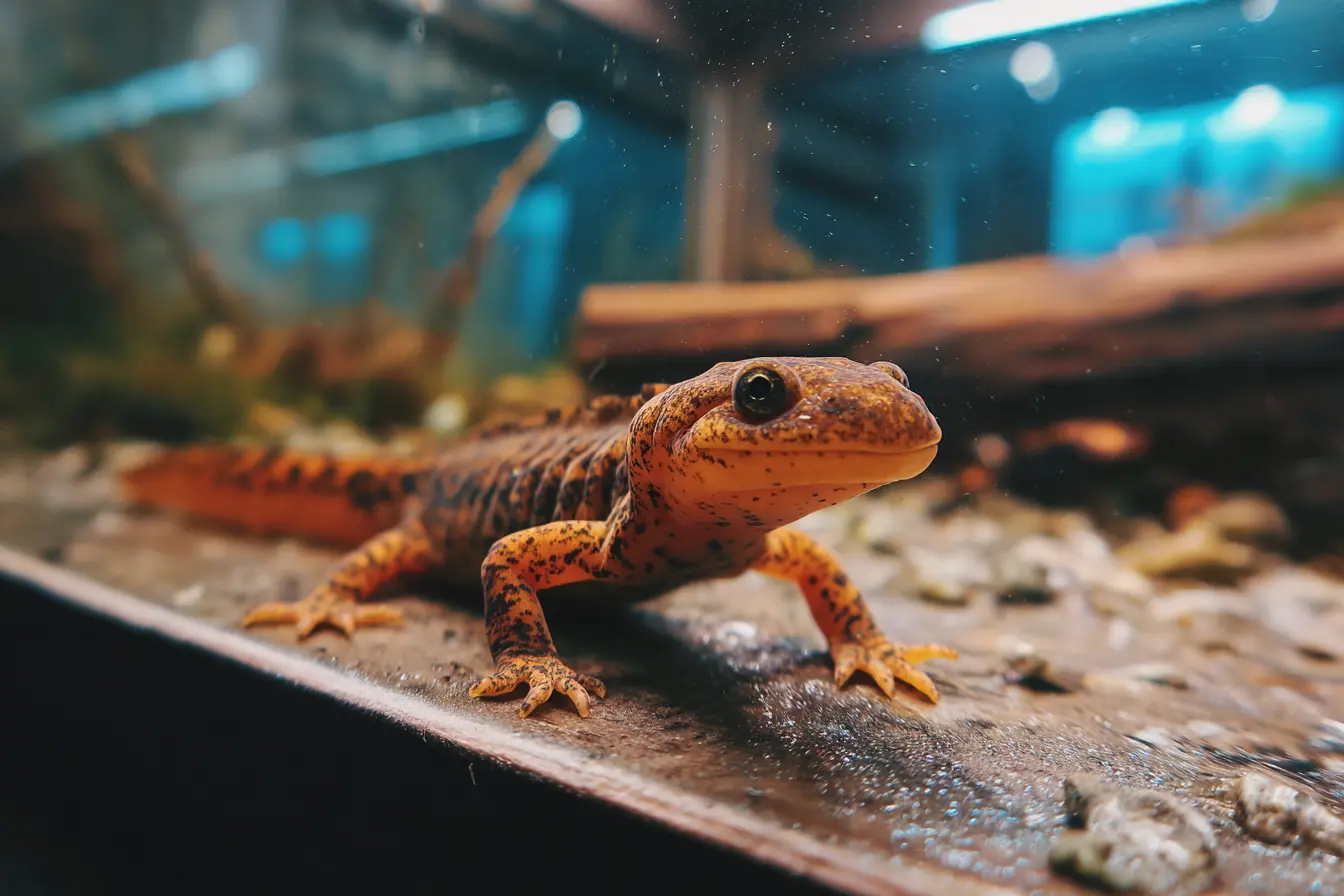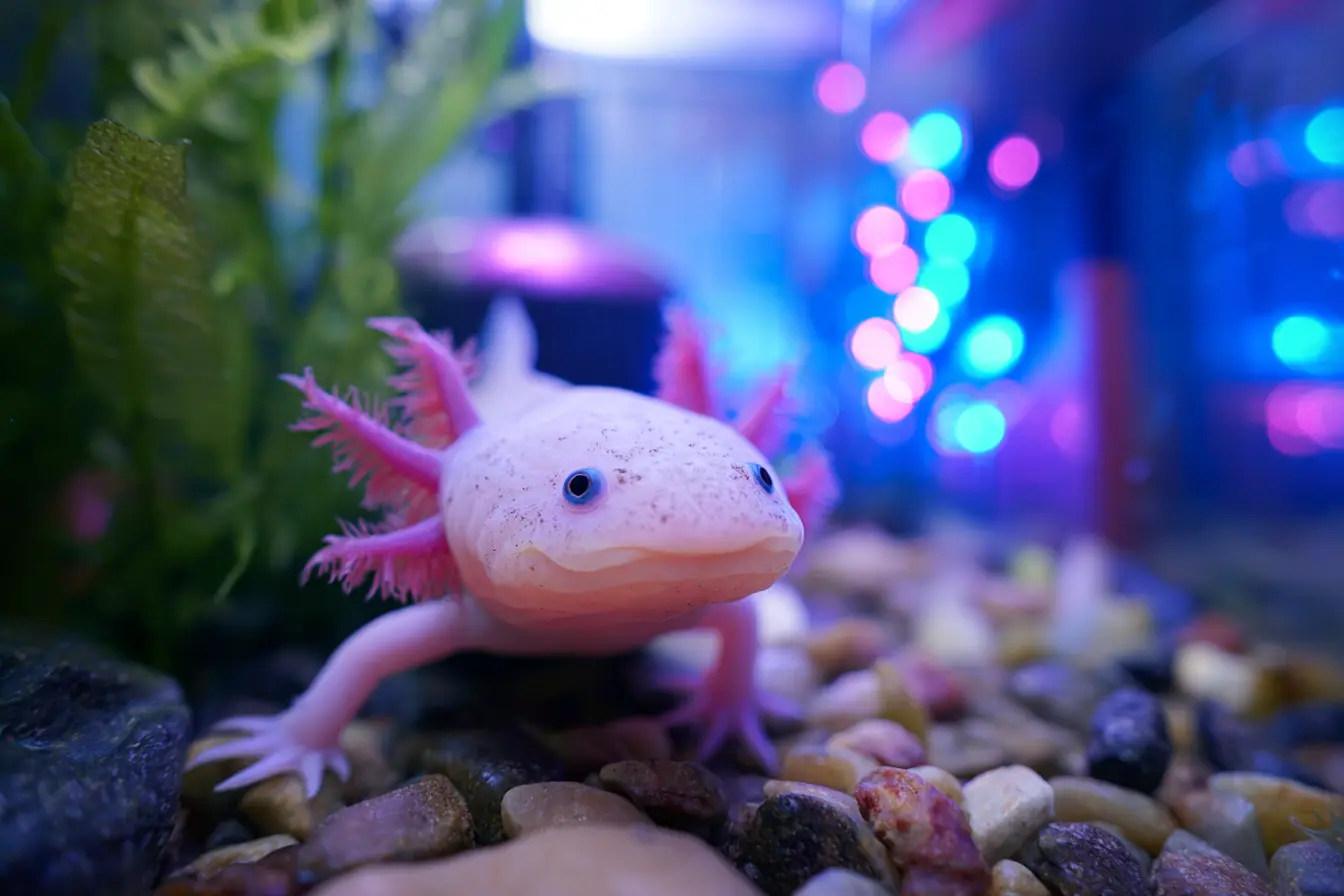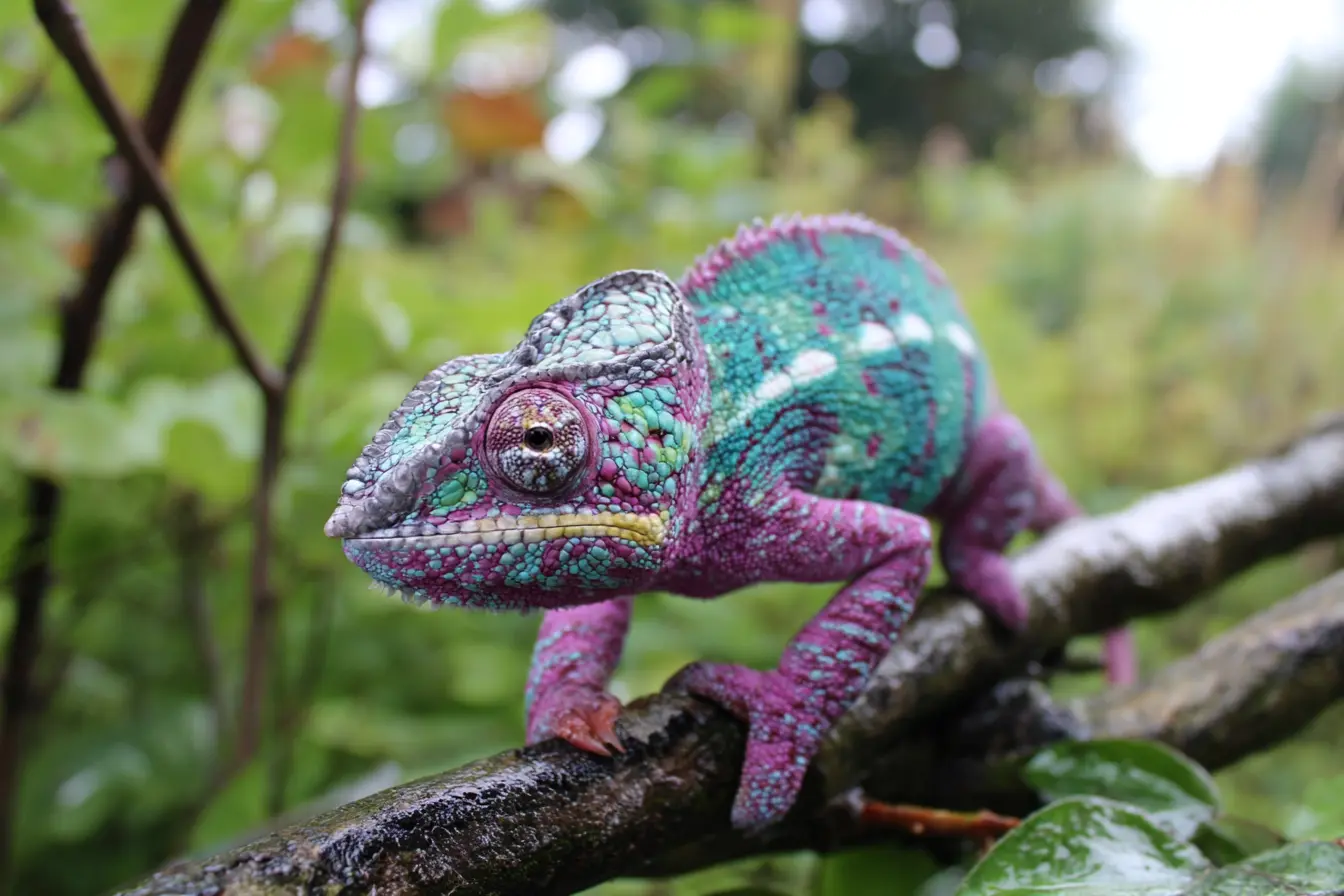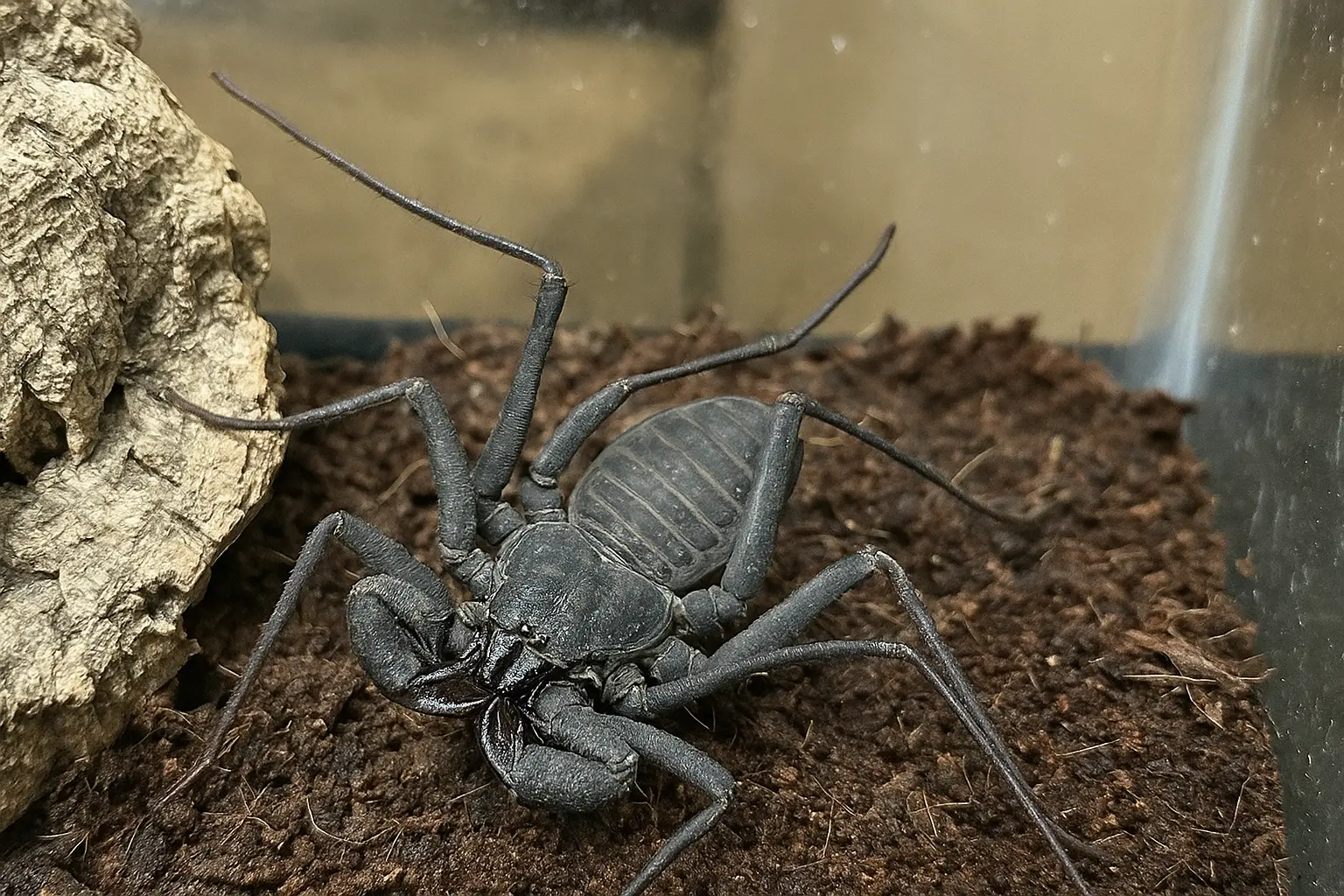
A Complete Guide to Keeping Whip Scorpions as Pets
Whip scorpions, also known as vinegaroons, are fascinating and enigmatic arachnids that make for intriguing and low-maintenance pets. Despite their fearsome appearance, they are completely harmless to humans and can be a rewarding addition to any exotic invertebrate collection. This guide will provide everything you need to know to successfully keep and care for whip scorpions in captivity.
What Are Whip Scorpions?
Whip scorpions belong to the order Thelyphonida, a group of arachnids that are neither true scorpions nor spiders. Their name comes from their long, whip-like tail, which they use as a sensory organ. A common species in captivity is Mastigoproctus giganteus, also known as the giant vinegaroon, native to the southern United States and parts of Central America.
Despite their intimidating appearance, with large pedipalps and a menacing stance, whip scorpions are non-venomous. They defend themselves by spraying a harmless acetic acid solution, which smells strongly of vinegar (hence the name “vinegaroon”).
Housing Requirements
Enclosure
Whip scorpions do not require large enclosures. A 20-litre tank (roughly 5 gallons) is adequate for a single adult. The enclosure should be escape-proof and well-ventilated, but not so ventilated that it causes humidity to drop.
Key points:
- Secure lid (these creatures are strong and curious)
- Horizontal space is more important than vertical
- Avoid bright lighting, as they are nocturnal and light-sensitive
Substrate
Use a deep substrate that retains moisture, such as:
- Coconut coir
- Peat moss
- Organic topsoil (chemical-free)
The substrate should be at least 10–15 cm deep, to allow burrowing. It must be kept moist, but not waterlogged, to maintain high humidity.
Temperature and Humidity
Whip scorpions require a warm and humid environment. Ideal parameters:
- Temperature: 22–26°C (72–79°F)
- Humidity: 75–90%
Use a hygrometer to monitor humidity, and mist the enclosure regularly with dechlorinated water. A heat mat on the side of the tank can be used if ambient temperatures drop too low.
Hides and Enrichment
Provide at least one good hide, such as:
- Cork bark
- Half a flower pot
- Flat stones
These creatures are secretive and will spend most of their time hidden. You can also add leaf litter or moss for added cover and humidity retention.
Feeding and Nutrition
Whip scorpions are insectivores and will eat a variety of live prey.
Typical food items:
- Crickets
- Roaches
- Mealworms or superworms (occasionally)
- Waxworms (treat only, due to high fat)
Feed adults once or twice a week, removing uneaten prey after 24 hours. Juveniles may need more frequent feeding.
They drink water from droplets or small dishes. Place a shallow water dish in the tank and keep it clean.
Handling and Temperament
Handling whip scorpions is not recommended, primarily because:
- They are delicate and can be injured easily
- They can spray their vinegar-like substance if stressed
- They are fast and may become defensive
Use soft tools (like a paintbrush or soft-tipped tongs) to gently guide them if relocation is necessary.
Health and Maintenance
Whip scorpions are hardy if kept under proper conditions. Key tips:
- Watch for mould growth in overly damp substrate
- Remove uneaten food to prevent mites
- Clean water dishes regularly
- Avoid overcrowding – keep one per enclosure
They may fast before moulting, during which time they become very reclusive. Do not disturb them while they are shedding.
Breeding
Breeding whip scorpions in captivity is possible but not common. Males perform a unique courtship dance and deposit a spermatophore, which the female picks up.
Key considerations:
- You need a mature male and female
- Provide ample substrate and hiding areas
- Post-mating, the female may carry fertilised eggs and young for several months
Baby whip scorpions are highly vulnerable and should be separated after their first moult.
Lifespan and Behaviour
- Lifespan: 6–10 years in captivity
- Behaviour: Nocturnal, secretive, prefers solitude
- Active at night and very sensitive to vibrations
Despite their fearsome look, whip scorpions are peaceful creatures that pose no threat to humans or pets.
Final Thoughts
Whip scorpions are ideal for experienced invertebrate keepers who enjoy observing natural behaviour in a quiet, nocturnal animal. With minimal maintenance and a well-designed habitat, they can thrive and live long, healthy lives in captivity.
Whether you're a hobbyist expanding your collection or someone new to the world of exotic pets, whip scorpions offer a unique and rewarding experience unlike any other.
Vets near you
Speciality vets
- Aquatics vet specialists
- Birds vet specialists
- Camelids vet specialists
- Cats vet specialists
- Cattle vet specialists
- Deer vet specialists
- Dogs vet specialists
- Equines vet specialists
- Exotic vet specialists
- Goats vet specialists
- Pigs vet specialists
- Poultry vet specialists
- Sheep vet specialists
- Small Mammals vet specialists
- Wild vet specialists
Vet facilities
- Accessible by public transport
- Blood testing
- Car park nearby
- Client car park
- Dentistry
- Diagnostic imaging
- Disabled public access
- Flea and worm treatments
- Microchipping
- Mobile services
- Neutering
- Open at weekends
- Out-of-hours service
- Referral interests
- Referrals only
- Street parking outside
- Toilets available
- Vaccinations
